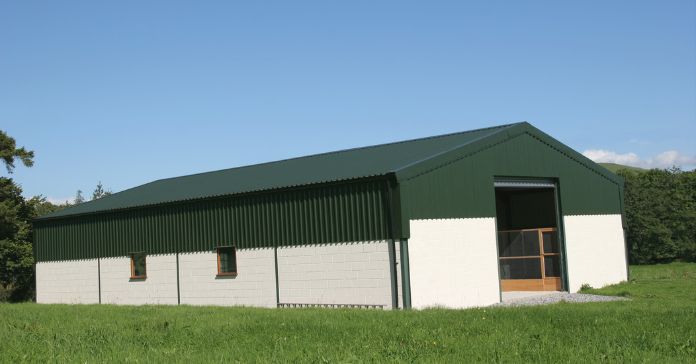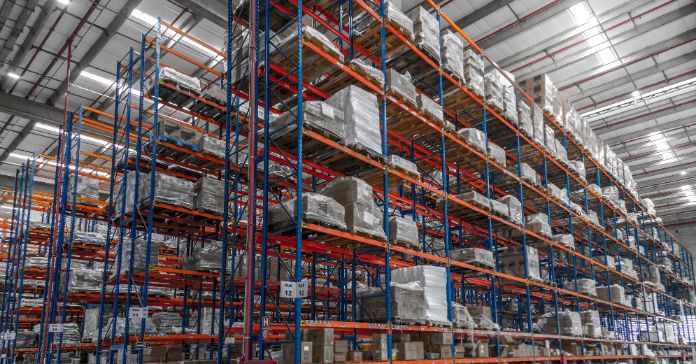
No matter the size or shape of a barn, building one can be quite expensive, and naturally, you want to do what you can to save money. In the pursuit of cost-effectiveness, you’re probably aware of the economic differences between building metal and wooden barns. When you add up labor and materials, the costs are relatively similar.
However, this doesn’t mean both materials are suitable for every barn. Let’s take a look at the differences between using wood and metal to help you determine which material is better for your barn.
The Pros of Wood Barns
Wood barns offer a traditional look that’s hard to pass up, but they are for more than just looks. They have fantastic insulation properties and can keep things cool in the winter and warm in the summer without much need for additional insulation. Wood is more porous and breathable, allowing naturally accumulating humidity to escape the structure. Along with its insulating properties, wood blocks out sound and is less likely to injure an animal if they get riled up and kick a wall.
The Cons of Wood Barns
As mentioned, wood barns allow humidity to escape because the material is porous. While humidity naturally builds up in a barn, wood is not a good choice if you live in a humid area or in a place that experiences a lot of precipitation. Wood absorbs moisture, which can lead to wood rot.
If you live in a snowy place, that water will absorb and expand, possibly leading to dangerous cracks in the material. Overall, wood isn’t exceptionally durable and requires a lot of maintenance to prevent rot, pest infestations, and environmental damage.
The Pros of Metal Barns
Metal barns take the prize for durability and easy upkeep. Unlike wood, metal is much less temperature sensitive and won’t crack or rot when exposed to moisture. Most, if not all, metal barn manufacturers use galvanized steel for its corrosion resistance. Metal barns are also much easier to modify if the need arises. If you’re looking to cut down on labor costs, steel building manufacturers can provide you with your own build kit.
The Cons of Metal Barns
While metal barns are less temperature sensitive than wooden structures, they tend to absorb and retain a lot of heat. If you live in a hot climate, you’ll need to add ventilation and cooling appliances to keep the interior comfortable. This is especially important if your barn will house animals.
Metal barns dent more easily, which means that hail or storms that kick up debris can leave divots in the material that will need repair or replacement. Also, it’s possible for animals to injure themselves on jagged or sharp edges, so you’ll need to line animal pens with wooden panels.
To conclude, it’s not about whether wood or metal is better for your barn but more about which material suits your needs.







